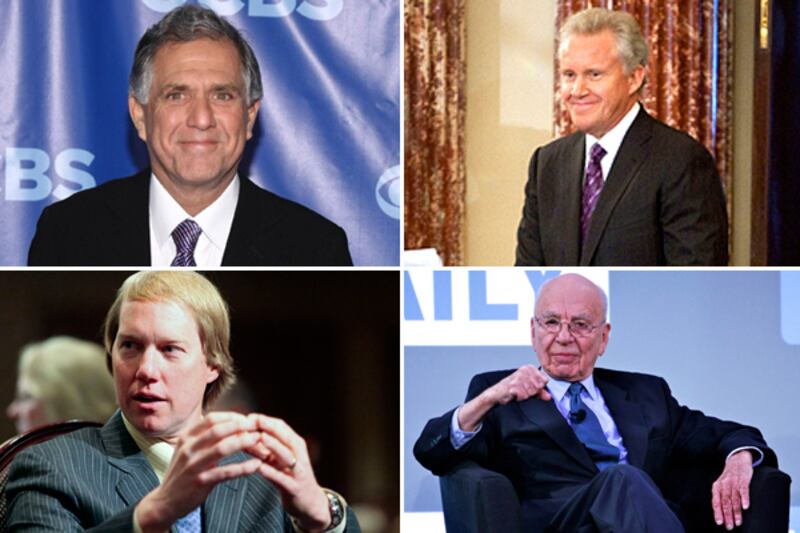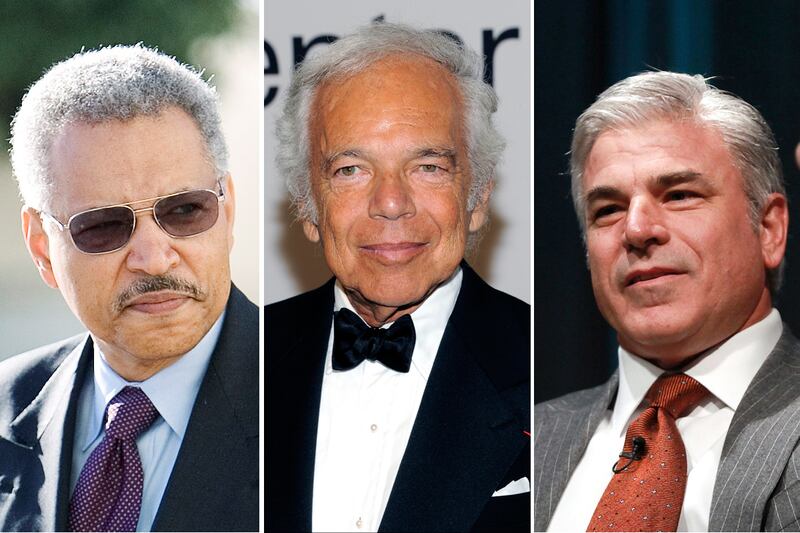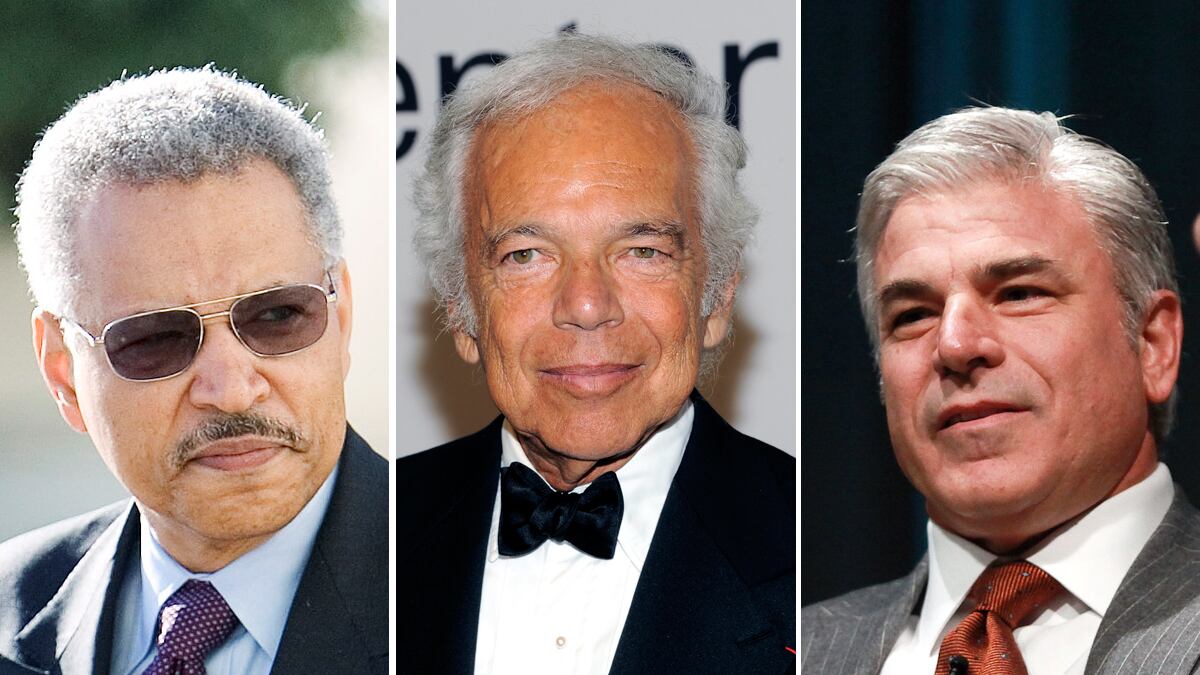The extraordinary pay of American CEOs may be old news, but the latest numbers show that the discrepancy between company performance, the U.S. economy, and the paychecks of corporate chieftains continues to expand.
Median CEO pay in 2010 increased 27 percent in Russell 3000 companies, while the index itself rose only 17 percent, according to the GMI 2011 CEO Pay Survey, a poll of chief-executive compensation across more than 2,600 companies. The median compensation for CEOs of S&P 500 companies was $8.9 million—a 45 percent increase from the median compensation in 2009.

John H. Hammergren of McKesson Corp., the highest-earning CEO in 2010, pulled in more than $145 million in total compensation. He’s one of three health-care CEOs who ranked among the 10 highest-earning executives, despite the lackluster state of the health-care industry.
“It’s difficult to draw any central conclusions,” says Paul Hodgson, senior research associate at GMI. “Health-care companies have not been doing that well … but at two of the three companies on the list, the CEOs had retired.” Joel F. Gemunder of Omnicare, the second-highest-paid CEO last year, resigned in August 2010 and earned more than $17 million from vested stock, pension options, and other compensation outside of his annual compensation. Ronald A. Williams, who retired as CEO of Aetna in November 2010, took home more than $50 million in realized options.

The new data seem especially remarkable given this year’s Occupy Wall Street protests, which have focused in part on the country’s rising income inequality and perceived corporate greed. “The issue is that when the market collapses, one would expect to see CEO pay to collapse in the same way, but it didn’t,” says Hodgson. “If 2011 had been a better year, I think there would be a better understanding of the increased CEO pay, but since the gains have not been sustained, it creates a more dichotomous experience.”





